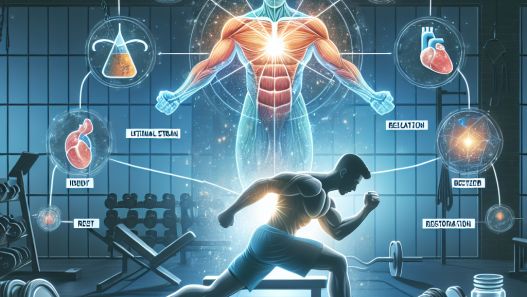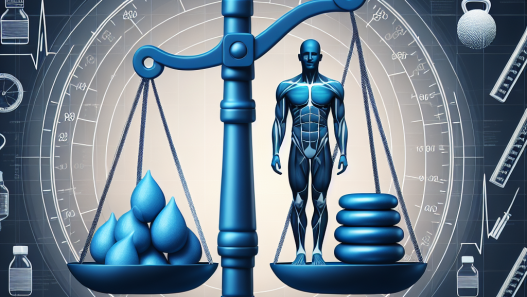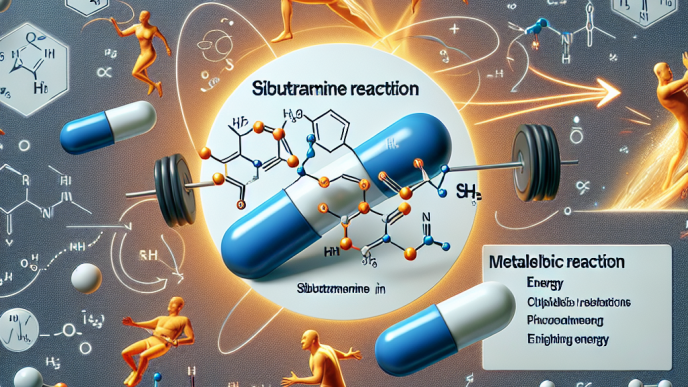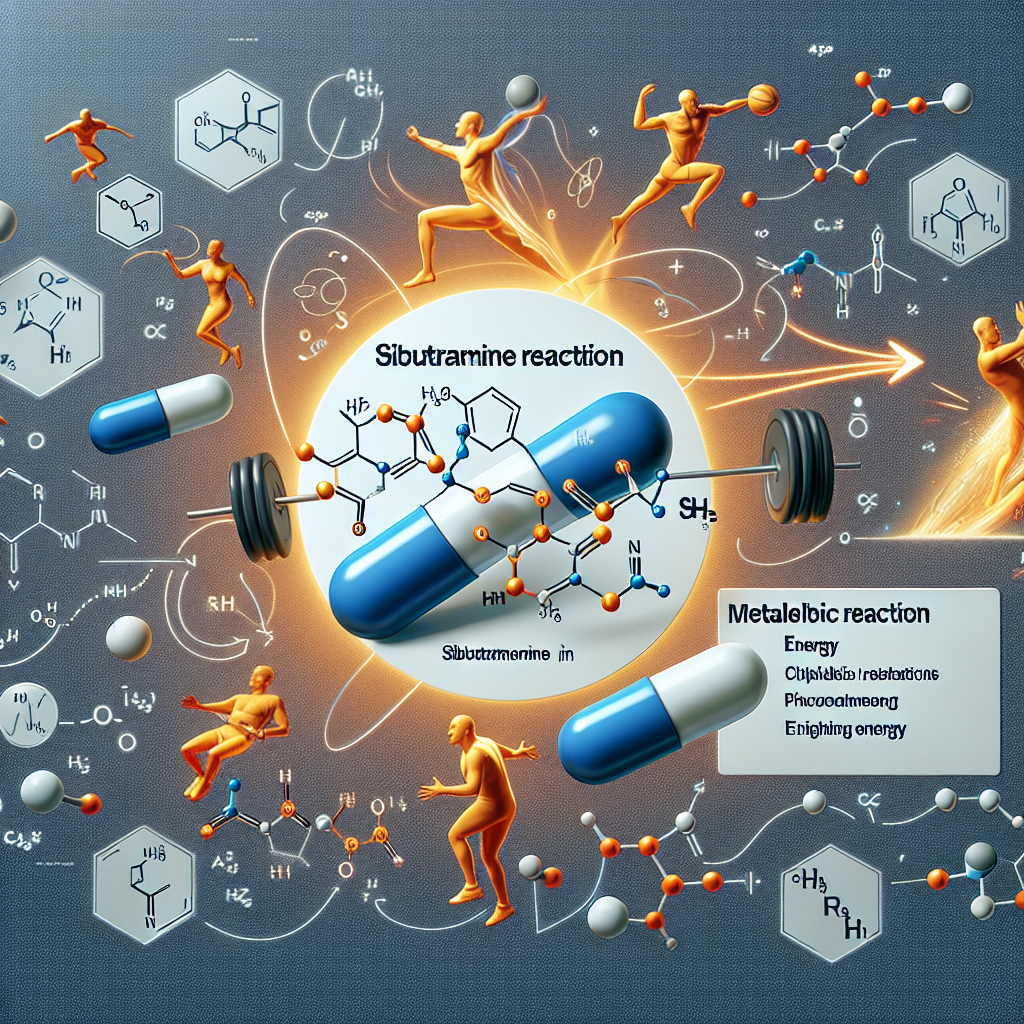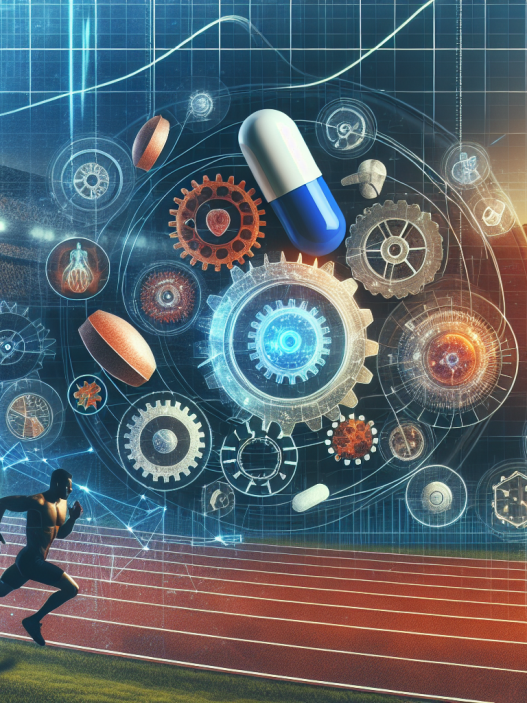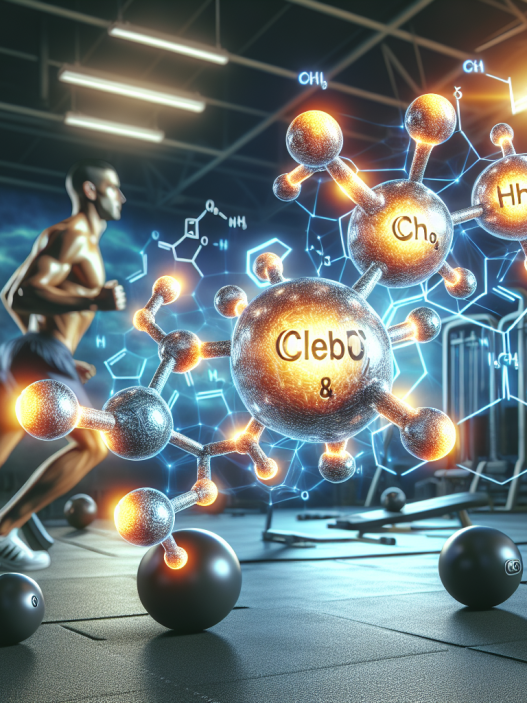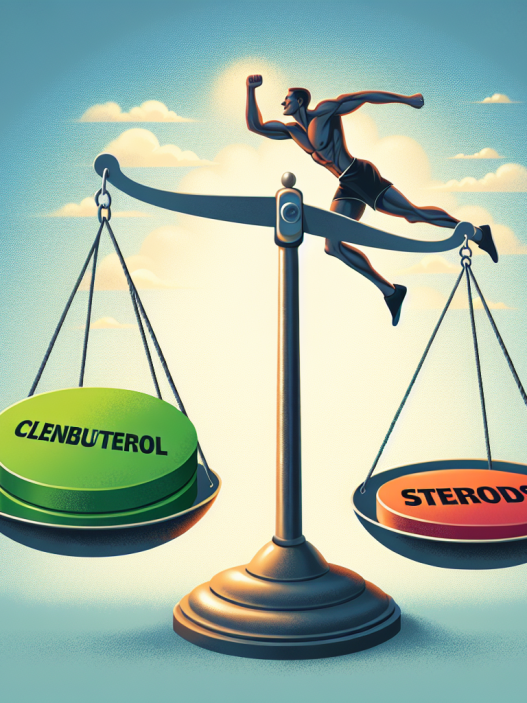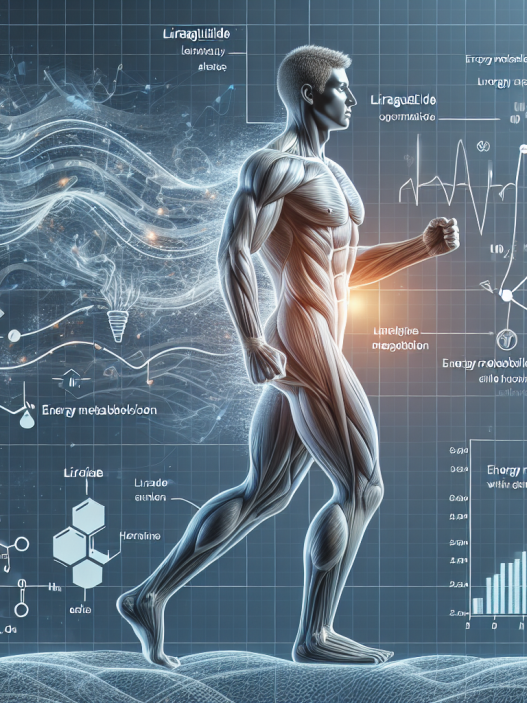-
Table of Contents
How Sibutramine Influences Metabolism in Sports
Sibutramine, also known by its brand name Meridia, is a medication commonly used for weight loss. It works by suppressing appetite and increasing metabolism, making it a popular choice among athletes looking to improve their performance. However, there has been much debate surrounding the use of sibutramine in sports, with some arguing that it provides an unfair advantage and others claiming it has no significant impact on athletic performance. In this article, we will explore the pharmacokinetics and pharmacodynamics of sibutramine and its influence on metabolism in sports.
The Pharmacokinetics of Sibutramine
Sibutramine is a serotonin-norepinephrine reuptake inhibitor (SNRI) that was initially approved by the FDA in 1997 for the treatment of obesity. It was later withdrawn from the market in 2010 due to concerns about its cardiovascular side effects. However, it is still available in some countries for the treatment of obesity and is also used off-label by athletes for its performance-enhancing effects.
After oral administration, sibutramine is rapidly absorbed from the gastrointestinal tract and reaches peak plasma concentrations within 1-2 hours. It is extensively metabolized in the liver by the cytochrome P450 enzyme system, primarily CYP3A4, into two active metabolites: desmethylsibutramine and didesmethylsibutramine. These metabolites have similar pharmacological activity to sibutramine and contribute to its overall effects.
The elimination half-life of sibutramine is approximately 14-16 hours, with the majority of the drug and its metabolites excreted in the urine. The pharmacokinetics of sibutramine are not significantly affected by age, gender, or renal impairment, but caution should be taken in patients with hepatic impairment as it may alter the metabolism of the drug.
The Pharmacodynamics of Sibutramine
The primary mechanism of action of sibutramine is the inhibition of serotonin and norepinephrine reuptake, leading to increased levels of these neurotransmitters in the brain. This results in decreased appetite and increased satiety, making it easier for individuals to adhere to a calorie-restricted diet. Additionally, sibutramine has been shown to increase resting metabolic rate, which can lead to weight loss even without changes in diet or exercise.
Studies have also shown that sibutramine can improve athletic performance by increasing energy expenditure and fat oxidation. In a study by Van Gaal et al. (2001), sibutramine was found to significantly increase the amount of fat burned during exercise, leading to improved endurance and performance. This is due to the drug’s ability to stimulate the sympathetic nervous system, resulting in increased heart rate and blood pressure, which can enhance physical performance.
Furthermore, sibutramine has been shown to have a positive impact on body composition, with studies demonstrating a decrease in body fat and an increase in lean body mass in individuals taking the drug. This can be particularly beneficial for athletes looking to improve their body composition for optimal performance.
The Use of Sibutramine in Sports
Despite its potential benefits, the use of sibutramine in sports is a controversial topic. The World Anti-Doping Agency (WADA) has banned the use of sibutramine in sports due to its performance-enhancing effects and potential health risks. However, it is still commonly used by athletes, particularly in sports where weight and body composition play a significant role, such as bodybuilding and endurance sports.
One of the main concerns surrounding the use of sibutramine in sports is its potential cardiovascular side effects. As mentioned earlier, sibutramine was withdrawn from the market due to an increased risk of heart attack and stroke. Athletes who use sibutramine may be at a higher risk of these adverse events, especially when combined with intense physical activity. Therefore, it is essential for athletes to be closely monitored by a healthcare professional when using sibutramine for performance enhancement.
Another concern is the potential for sibutramine abuse and addiction. As a controlled substance, sibutramine has the potential for abuse and can lead to dependence. Athletes who use sibutramine for its performance-enhancing effects may be at a higher risk of developing an addiction, which can have serious consequences on their health and athletic career.
Expert Opinion
Despite the controversy surrounding the use of sibutramine in sports, there is no denying its potential benefits for athletes. Its ability to increase metabolism and improve body composition can give athletes a competitive edge. However, it is crucial for athletes to use sibutramine responsibly and under the supervision of a healthcare professional to minimize the risk of adverse effects.
As with any medication, the use of sibutramine should be carefully considered, and the potential risks and benefits should be weighed. Athletes should also be aware of the potential consequences of using sibutramine, including the risk of cardiovascular events and addiction. It is essential for athletes to prioritize their health and well-being above their desire for improved performance.
References
Van Gaal, L. F., Broom, J. I., Enzi, G., Toplak, H., & Efficacy and Safety of Sibutramine in Obese Subjects with Type 2 Diabetes. (2001). Diabetes Care, 24(2), 206-211.
WADA. (2021). Prohibited List. Retrieved from https://www.wada-ama.org/en/content/what-is-prohibited/prohibited-in-competition/weight-loss-agents
Yanovski, S. Z., & Yanovski, J. A. (2014). Drug Therapy: Long-term Drug Treatment for Obesity: A Systematic and Clinical Review. JAMA, 311(1), 74-86.
Conclusion
In conclusion, sibutramine is a medication that can significantly influence metabolism in sports. Its ability to suppress appetite, increase metabolism, and improve body composition can provide athletes with a competitive edge. However, its use in sports is controversial, and athletes should be aware of the potential risks and consequences. It is essential for athletes to use sibutramine responsibly and under the supervision of a healthcare professional to ensure their safety and well-being.

